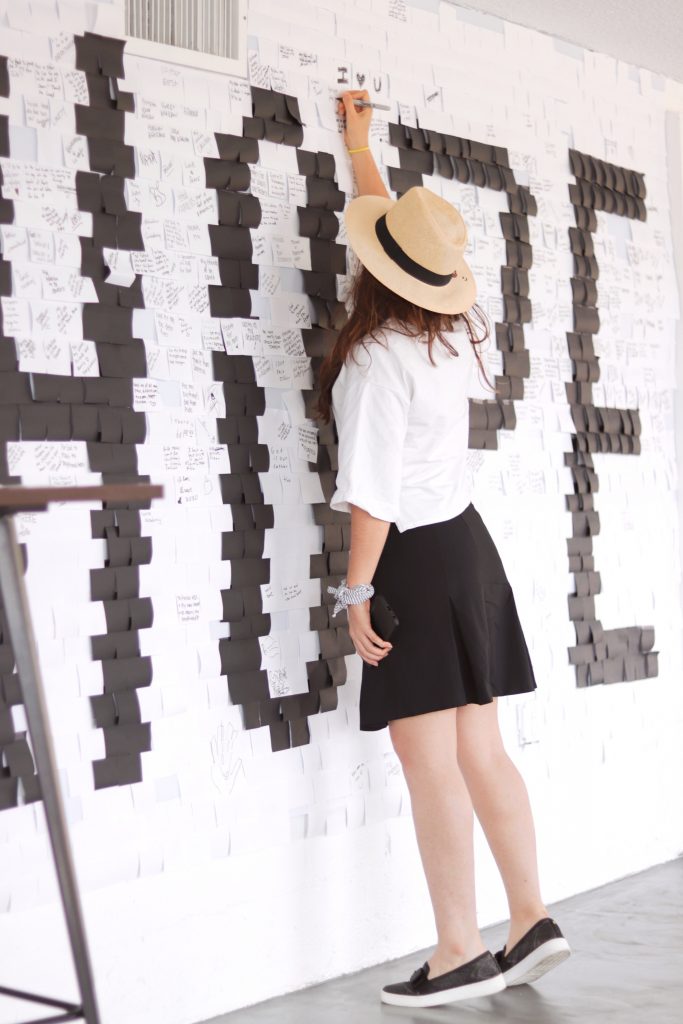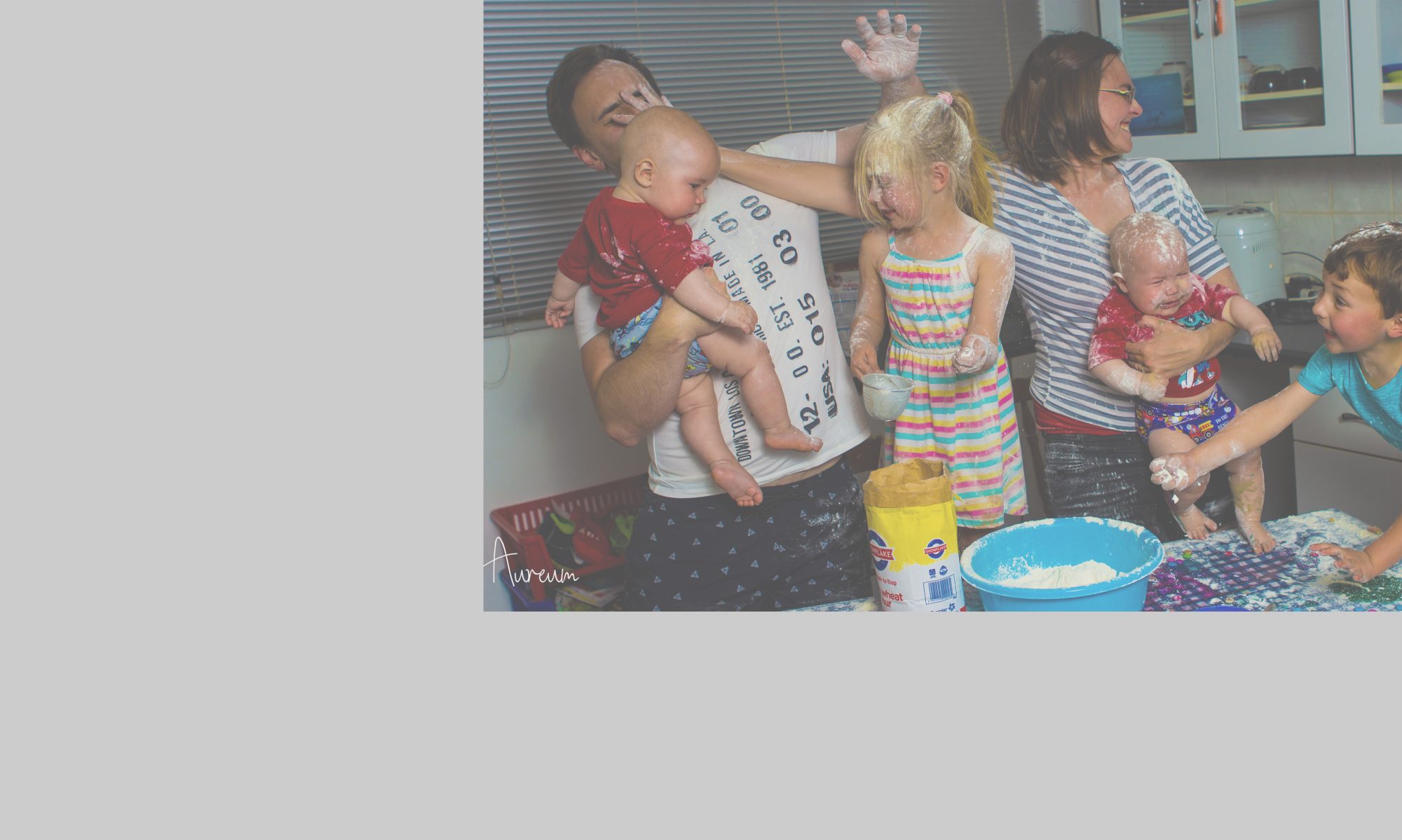Many South African parents are now struggling with the idea that they are not allowed to hit/spank their children. To them discipline = a spanking. It has always been done this way. There is a deep seated struggle for all of these parents. The main reason for this struggle is that the constitutional court has finally ruled that one may not hit a child to chastise them as it is not deemed reasonable and infringes on the rights of the child. Hitting a child will now be viewed as abuse, the same way hitting an adult is deemed abuse in the eyes of our laws.

The struggle for parents now is two fold. Firstly, they are now called abusers and it does not equate with their views of themselves and secondly they are at a loss as to what they may then do to teach and discipline their children. (I am aware of the elephant in the room regarding religious beliefs, however that should be afforded a discussion of its own)
Let us chat about the first.
If someone is a parent that has never read the studies or attended workshops and training that explained the damage hitting/spanking does to a child, it can feel extremely hurtful and demeaning to all of a sudden fall within the category of abuser. Most parents did not know better, or they have been following what they have been raised to do when a child misbehaves.
It makes the parents feel as if there is now a belief that they do not love their children and do not care for their children. Which in most, if not all circumstances is not the truth. They do love their kids. They only want the best for their kids. They want their kids to grow up and have respect for others and be able to adhere to the rules and most of all, they don’t want their children to end up in jail or dead due to bad life choices. All in all they are doing the best job at parenting they know how to do.
If parents raised in punitive homes view acknowledgment that spanking/hitting a child as wrong, they inadvertently acknowledge that they have made a mistake. Mistakes in punitive homes are not usually tolerated, or assisted, but rather punished and at times lots of feelings of shame step into the conversation.
Punitive households often struggle with the idea that adults and parents should apologise and change what they do when they make a mistake, because of an outdated belief that it will interfere with their authority and control within their home.
In punitive homes admitting a mistake is often viewed as a character statement regarding that person’s morals and values and no one wants to see themselves as a horrible person and much less that their actions may inadvertently have been abusive.
That is how people raised in punitive homes view the world. Step out of line, you deserve punishment. Many will have anecdotal stories to tell of when they grew up and their parents heard they were in trouble at school, they will be punished at home, regardless of whether they have already been punished for their actions at school.
So taking responsibility for your missteps in life, usually meant that you will be punished some or other way. You are fearful of being honest about your mistakes, because we all know, you surely then deserve to be punished or hurt and most of all you bring shame to the family.
As someone who broke the cycle myself, I struggle almost daily with this reasoning, this fear of making a mistake, owning my missteps and understanding that my authority and value as a person is not undermined by being authentic about being human.
The second is where the chaos comes in. Parents who practice corporal punishment honestly and whole heartedly believe that this is the only means to discipline. No spanking to them = non-parenting and will then have the opposite outcome for which they aim. They have been raised in homes where they were spanked/hit and they truly believe that they did turn out fine or okay. So they are wholly unequipped to start parenting in a different way.
So now the expectation is that parents need to stop hitting their children and find other means to discipline their children. Where do they start? How do they get the necessary tools to instil discipline in their homes and children, when the only tool in their parenting toolbox has always been spanking? There are blogs and books and people like C3 Parenting that will gladly support and help parents to break this cycle of hitting children as a means of discipline. However you will have to start somewhere. The first place to start may have to be, to admit to yourself that in your heart, you never really felt at ease with spanking your child in the first place. Owning that reality and then reaching out and asking for help.
Changing the way we parent will take time. It will take education of parents and helping them in a proactive way. It is changing the way we engage with the topic while remaining within the scientific proof of what styles of parenting is effective without the detrimental effects that spanking has on children.
If someone is a parent that has never read the studies or attended workshops and training that explained the damage hitting/spanking does to a child, it can feel extremely hurtful and demeaning to all of a sudden fall within the category of abuser. Most parents did not know better, or they have been following what they have been raised to do when a child misbehaves.
It makes the parents feel as if there is now a belief that they do not love their children and do not care for their children. Which in most if not all circumstances is not the truth. They do love their kids. They only want the best for their kids. They want their kids to grow up and have respect for others and be able to adhere to the rules and most of all, they don’t want their children to end up in jail or dead due to bad life choices. All in all they are doing the best job at parenting they know how to do.
If parents raised in punitive homes views acknowledgment that spanking/hitting a child as wrong, they inadvertently acknowledge that they have made a mistake. Mistakes in punitive homes is not usually tolerated, or assisted, but rather punished and at times lots of feelings of shame steps into the conversation.
Punitive households often struggle with the idea that adults and parents should apologise and change what they do when they make a mistake, because of an outdated belief that it will interfere with their authority and control within their home.
In punitive homes admitting a mistake is often viewed as a character statement regarding that person’s morals and values and no one wants to see themselves as a horrible person and much less that their actions may inadvertently have been abusive.
That is how people raised in punitive homes view the world. Step out of line, you deserve punishment. Many will have anecdotal stories to tell of when they grew up and their parents heard they were in trouble at school, they will be punished at home, regardless of whether they have already been punished for their actions at school.
So taking responsibility for your missteps in life, usually meant that you will be punished some or other way. You are fearful of being honest about your mistakes, because we all know, you surely then deserve to be punished or hurt and most of all you bring shame to the family.
As someone who broke the cycle myself, I struggle almost daily with this reasoning, this fear of making a mistake, owning my missteps and understanding that my authority and value as a person is not undermined by being authentic about being human.
Let’s talk about the second
The second is where the chaos comes in. Parents who practice corporal punishment honestly and whole heartedly believe that this is the only means to discipline. No spanking to them = non-parenting and will then have the opposite outcome for which they aim. They have been raised in homes where they were spanked/hit and they truly believe that they did turn out fine or okay. So they are wholly un-equip to start parenting in a different way.
So now the expectation is that parents need to stop hitting their children and find other means to discipline their children. Where do they start? How do they get the necessary tools to instill discipline in their homes and children, when the only tool in their parenting toolbox has always been spanking? There are blogs and books and people like C3 Parenting that will gladly support and help parents to break this cycle of hitting children as a means of discipline. However you will have to start somewhere. The first somewhere may have to be, to admit to yourself that in your heart, you never really felt at ease with spanking your child in the first place. Owning that reality and then reaching out and ask for help.
Changing the way we parent will take time. It will take education of parents and helping them in a proactive way. It is changing the way we engage with the topic while remaining within the scientific proof of what styles of parenting is effective without the detrimental effects that spanking has on children.
3,587 total views, 4 views today


Comments are closed.